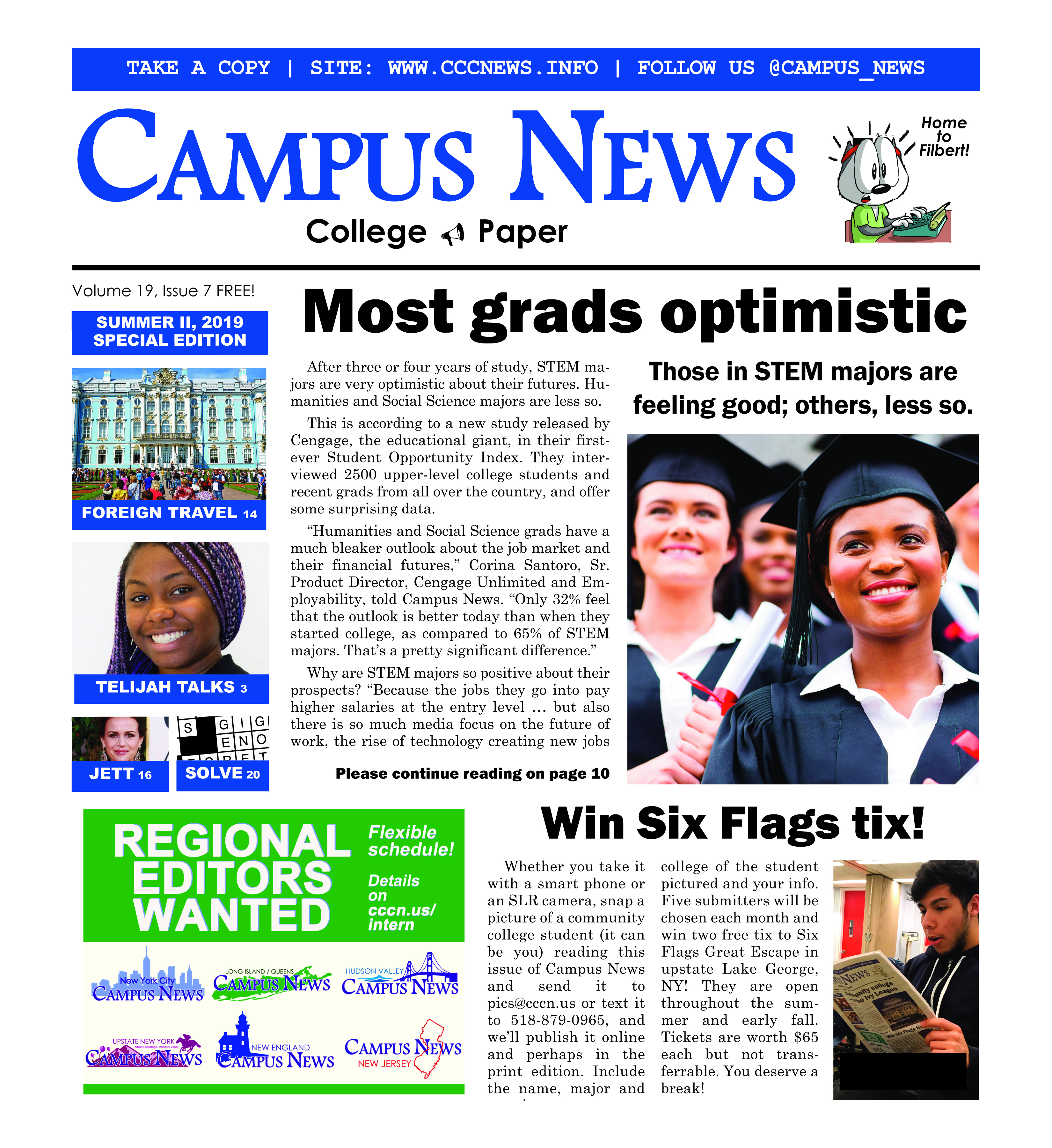By Gary Collins, MS
Special to Campus News
How many of you have laid out your dreams and desires on a vision board?
A vision board, or dream board, is a collage of images, pictures and affirmations of one’s dreams and desires. The idea is for the board to be a source of inspiration and motivation.
Self-help gurus espouse the virtues of the vision board to individuals who are searching for what they truly want. But to just say what you want in life isn’t enough, the gurus say. You need to dream bigger, and you need to have a vision board to achieve clarity.
Enough already.

Vision boards and the concept behind them often backfire. Too often, visualizing is focused on the point Z of the process – the end goal – rather than on the alphabet of ACTION steps required to get there.
Science is on my side with this. Studies have shown that you are less likely to achieve a goal when you simply focus on the goal itself. More effective is channeling your energy into the actions that are needed to achieve the goal.
Vision or dream boards are based in part on the law of attraction to attain goals. You know: visualize it and think about it often enough, and your dreams and goals will end up happening, sure as the sun rises in the east. For companies, it’s a way for them to motivate their employees to pursue and achieve personal dreams and growth — and tying that in with professional growth and achievement. Ideally, all that translates into happier and more productive people making the workplace more successful. Encouraging employees to dream big with the possibility of the company rewarding them with those desires leads them to wanting to perform better in their jobs.
But the success rate of the vision board in the corporate setting or visualizing on the playing field is debatable at best. Some struggling, high-level athletes hitched their wagon to the imprecise science of visualization; numerous sports performance coaches focus on that approach, having their athlete clients picture getting out of that slump and gaining confidence, when instead it’s more about correcting flaws in technique and getting more reps in the batter’s box or more jump shots in the gym, not brain-washing yourself back to success.
Don’t dream; find your purpose and live
Gurus talk about seeing the big picture and styling your dream board accordingly, but here’s the real deal: Don’t dream your life. Take action and live your life.
Part of pinpointing your true desires is finding your purpose. And that’s done with action – by doing things and experiencing life. For some, it’s being the best mother or father they can be. For others, like Elon Musk, it’s being one of the most innovative people in our lifetime. When it comes to purpose, there’s no right or wrong answer. But I’ve learned that for people to be truly happy and fulfilled, their purpose is the one thing that must be found.
And instead of a dream board, they need a “do board.”
People who created their own vision boards seem to be in this perpetual state of waiting for sweet karma to kiss them on the cheek and send them toward their dream — the law of attraction. But the time you’ve spent agonizing over a vision board is time you could have spent actually DOING something. Vision boards become empty sun rays in our heads that we chase as hopelessly and aimlessly as Don Quixote pursued windmills. We don’t dig down into the details and get our hands dirty.
You’ll make mistakes. You’ll go through trial and error. It’s all good in the big picture as long as you keep moving forward.
Dreams are a work in process — so get to work.
Gary Collins is the author of The Simple Life Guide To Decluttering Your Life (www.thesimplelifenow.com). He has a varied background, having worked in military intelligence, served as a Special Agent for the U.S. State Department Diplomatic Security Service, worked for the U.S. Department of Health and Human Services, and also worked for the U.S. Food and Drug Administration. In addition to being a best-selling author, Collins has taught at the college level, consulted and trained college-level athletes, and been interviewed for his expertise on various subjects by CBS Sports, Coast to Coast AM, The RT Network, and FOX News, among others.







Facebook Comments